https://www.fizzicseducation.com.au/wp-content/uploads/2022/12/Liquid-nitrogen-cloud-1920-x-200px-dark-blue-wash.jpg
Science club for preschoolers
Dive into STEM for early learners!
Help your preschoolers understand more about their world with science enrichment classes run by experienced educators & linked to the EYLF. These series of 10-week courses are developed to introduce young children to science using familiar toys and materials.
The aim of the course is to develop in children an enthusiasm for further learning in science and encourage active exploration of their world. The science club for preschoolers has been created to prepare children for entering school and is perfect for children aged 3 to 5.

Early Years Learning Framework Learning Outcomes
- 1.2 Develop emerging autonomy, interdependence, resilience and sense of agency
- 4.1 Children develop dispositions for learning such as curiosity, cooperation, confidence, creativity, commitment, enthusiasm, persistence, imagination and reflexivity.
- 4.2 Children develop a range of skills and processes such as problem solving, inquiry, experimentation, hypothesising, researching and investigating.
- 4.3 Children transfer and adapt what they have learned from one context to another.
- 4.4 Children resource their own learning through connecting with people, place, technologies and natural and processed materials.
- 5.1 Children interact verbally and non-verbally with others for a range of purposes.
ELYF links to all of our preschool science workshops
Victorian Curriculum
- Objects and parts of the world around us have names and particular characteristics (VCSSU021)
- Objects can move in different ways (VCSSU025)
- Supported to engage in simple scientific inquiry (VCSIS026)
- Supported to use the senses to identify some characteristics (VCSIS027)
- Make links between observations and findings (VCSIS029)
- Use pictures, symbols, concrete objects and/or simple familiar words to facilitate communication (VCSIS030)
- Science is about exploring the world around me (VCSSU031)
- Actively join in exploration of familiar objects and events (VCSIS036)
- Use both general terms and simple, scientific vocabulary to begin to describe their activities and observations (VCSIS040)
Engaging science for early learners
Format
Each week we work with your children over a 45-minute session.
- Typically run at 10:00am,
- Your group of 3 to 5-year-old children will join us in one of your rooms for a lesson around a specific topic (eg. light & colour).
- The lesson format consists of both demonstrations and exploratory hands-on activities run off your tables
10 week unit of work
*If you have had us before, we will can run another set of experiments!
Objectives
To encourage cooperation and manipulative play and to demonstrate that:
- chemical reactions involve a change.
- mirrors reflect light.
- white light is made of many colours.
- magnets are attracted to themselves and the metal iron.
- vibrations make sound.
- energy is needed to make objects move.
Lesson content (changed each term)
Each lesson runs for 45 minutes, with the help of the Preschool teachers in the room as well.
Week 1: Sound requires vibrations
- straw flutes
- thunder drum
- boom whackers, hand clappers, sound tubes and others
- singing bell & rod
Week 2: White light is made of colours (requires a darkened room)
- coloured lights and shadows
- bubbles & rainbows
- disco balls, mirrors, lenses, colour mixers
- 3D glasses
- Newtons colour wheel
Week 3: Chemical reactions involve change
- bicarbonate soda and vinegar reactions
- the change in a sparkler
- butter making
- lemon juice painting
- slime making
Week 4: Chemical reactions involve change
- vinegar and bicarbonate soda reactions & rockets
- the ‘disappearing water trick’
- colour changes using cabbage juice and others
- hands on kitchen chemistry
Week 5: Energy and forces
- energy can come in many different types
- friction and gravity demonstrations
- balance birds
- solar powered fan
- explore gravity with balls and ramps
- stomp rocket
Week 6: Spinning forces
- spinning bike wheel
- LP record spin
- spinning tops
- rubber band cars
- fog rings
Week 7: Magnets stick to each other and iron metal
- magnets of varying shapes and sizes
- magnets and enclosed iron filings
- magnets and compasses
Week 8: Electricity is in your home
- safety talk
- simple circuits using batteries, lights and cables
Week 9: Living things and your senses
- face model
- smell detective
- human body torso model and x-rays
- sherbet making
- 3D Glasses
Week 10: Other living things
- animal x-rays
- insect and leaf rubbings
- lifecycles
- parts of plants
- finding slaters
The above describes the first term of lessons. Once we have delivered this at your centre we can work with you on the following term of lessons. There is also an option for us to run a STEM accelerator for your teachers too!
Appropriate for ages 3 to 5 years with a maximum of 30 children per class. Please note that we are not permitted to cater for children under the age of 3.
Chairs are not required.
Duration 45 minutes, set up time 30 minutes and pack up time 30 minutes
During Social Distancing – Contact us
and we’ll tailor a program to suit both your school and the State’s social distancing requirements. Further details here
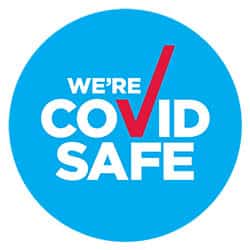
$5000 inc. GST for 10 x 45 minute workshops.
Call 1300 856 828, or use this form to enquire or make a booking for your preschool.
For preschools outside of metropolitan areas please contact us to discuss how this workshop can visit your school as part of a regional visit
We don’t charge per student as we know that this causes an additional administrative load on your office. Most preschools tend to fill the science workshops & shows based on our recommended maximum number of students. If you have any questions please contact us.
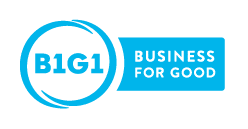 Find out more here
Find out more here
Enquire Now
Online course: Teaching Science in Early Childhood
- An entire year of science lessons for early learners
- Practical & linked to the Early Years Learning Framework Learning Outcomes
- 3.5 hours of on-demand videos
- Printable resource sheets & materials lists
- Attribute as teacher-identified teacher professional development hours

Read More
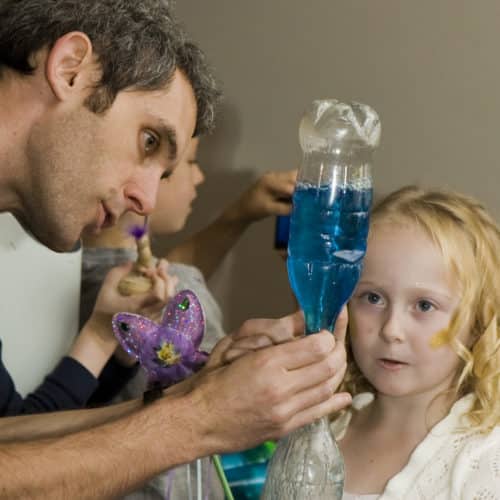














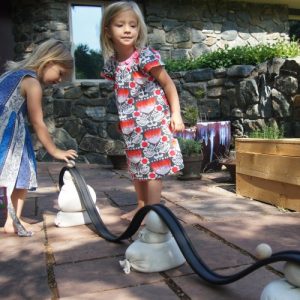
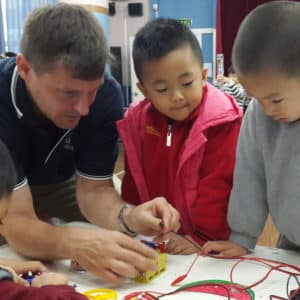
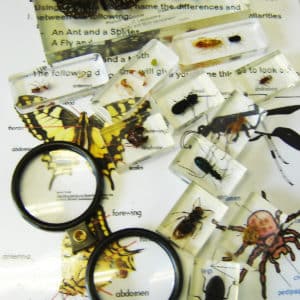




I just wanted to pass on how much the staff and students really enjoyed it and how perfect it was to launch our science week activities. The students were enthralled, educated and entertained – a perfect trifecta!
-Caulfield Grammar School – Big Science Big FunThanks so much for presenting at our school on Monday. Our students enjoyed the show.
-Greenvale Primary School – Big Science Big FunFizzics Education curated a thoughtful and hands-on experience for the children, incorporating practical, skill-based learning activities and followed by a science presentation at the end of the event involving liquid nitrogen. This was delivered safely and effectively, capturing both the children and the parents for the duration of the presentation.
-Macquarie Bank – Family Fun DayFizzics Education ran a show today at our school and it was wonderful. He was a great facilitator and the show was age appropriate and well done.
-Mount Zion Early learning centre – Little Science Big FunI just wanted to pass on how much the staff and students really enjoyed it and how perfect it was to launch our science week activities. The students were enthralled, educated and entertained – a perfect trifecta!
-Caulfield Grammar School – Big Science Big FunThanks so much for presenting at our school on Monday. Our students enjoyed the show.
-Greenvale Primary School – Big Science Big FunFizzics Education curated a thoughtful and hands-on experience for the children, incorporating practical, skill-based learning activities and followed by a science presentation at the end of the event involving liquid nitrogen. This was delivered safely and effectively, capturing both the children and the parents for the duration of the presentation.
-Macquarie Bank – Family Fun DayFizzics Education ran a show today at our school and it was wonderful. He was a great facilitator and the show was age appropriate and well done.
-Mount Zion Early learning centre – Little Science Big Fun